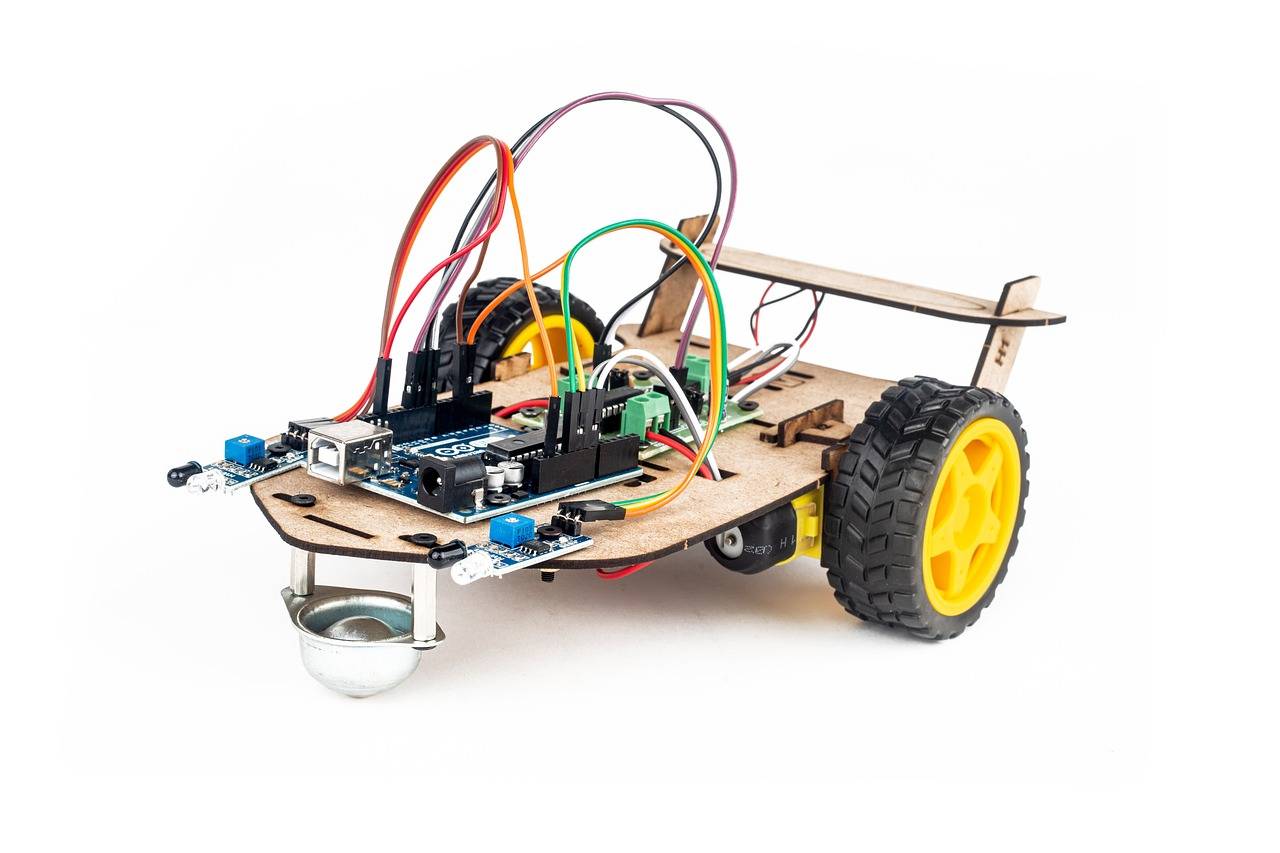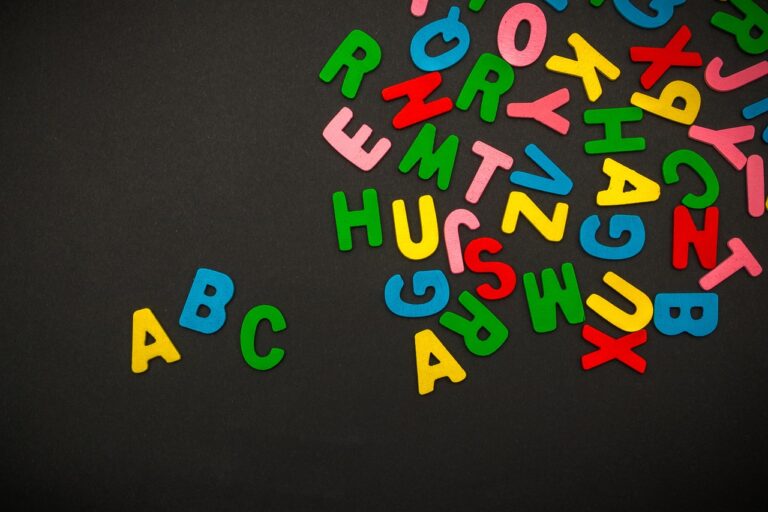The Impact of Social Media on Student Learning
Social media usage among students has become increasingly prevalent in recent years. Platforms like Instagram, Snapchat, and Twitter are not only used for socializing but also for academic purposes. Students often rely on these platforms to communicate with peers, collaborate on group projects, and share educational resources.
Additionally, social media plays a significant role in allowing students to stay informed about school events, important deadlines, and academic opportunities. Being able to access information quickly and conveniently through various social media channels helps students stay organized and engaged in their academic pursuits. Furthermore, social media serves as a platform for students to express their opinions, share their creativity, and connect with a wider community beyond their immediate surroundings.
Benefits of Integrating Social Media in Education
Utilizing social media in education can enhance students’ engagement and collaboration. By incorporating platforms such as Facebook and Instagram into classroom activities, educators can create interactive learning experiences that resonate with the digital-native generation. Encouraging students to participate in online discussions and share their thoughts through multimedia content can foster a sense of community and empower them to take ownership of their learning.
Moreover, integrating social media in education can help bridge the gap between the classroom and real-world applications. Students can connect with experts in their field of study, follow industry updates, and access a wealth of resources beyond traditional textbooks. This exposure to diverse perspectives and current trends can enrich their learning experience and better prepare them for future career opportunities.
How can social media be used in education?
Social media can be used in education for communication, collaboration, sharing resources, engaging students, and building a sense of community.
What are some benefits of integrating social media in education?
Some benefits include increased student engagement, personalized learning experiences, improved communication between students and teachers, and opportunities for collaborative learning.
Are there any drawbacks to using social media in education?
Some drawbacks include potential distractions, privacy concerns, and the need for proper guidelines and supervision to ensure effective and appropriate use.
How can educators ensure the responsible use of social media in education?
Educators can establish clear guidelines for social media use, provide proper training for both students and teachers, monitor usage, and address any issues that may arise promptly.
Can social media help students develop digital literacy skills?
Yes, using social media in education can help students develop digital literacy skills, such as critical thinking, communication, collaboration, and information literacy.





